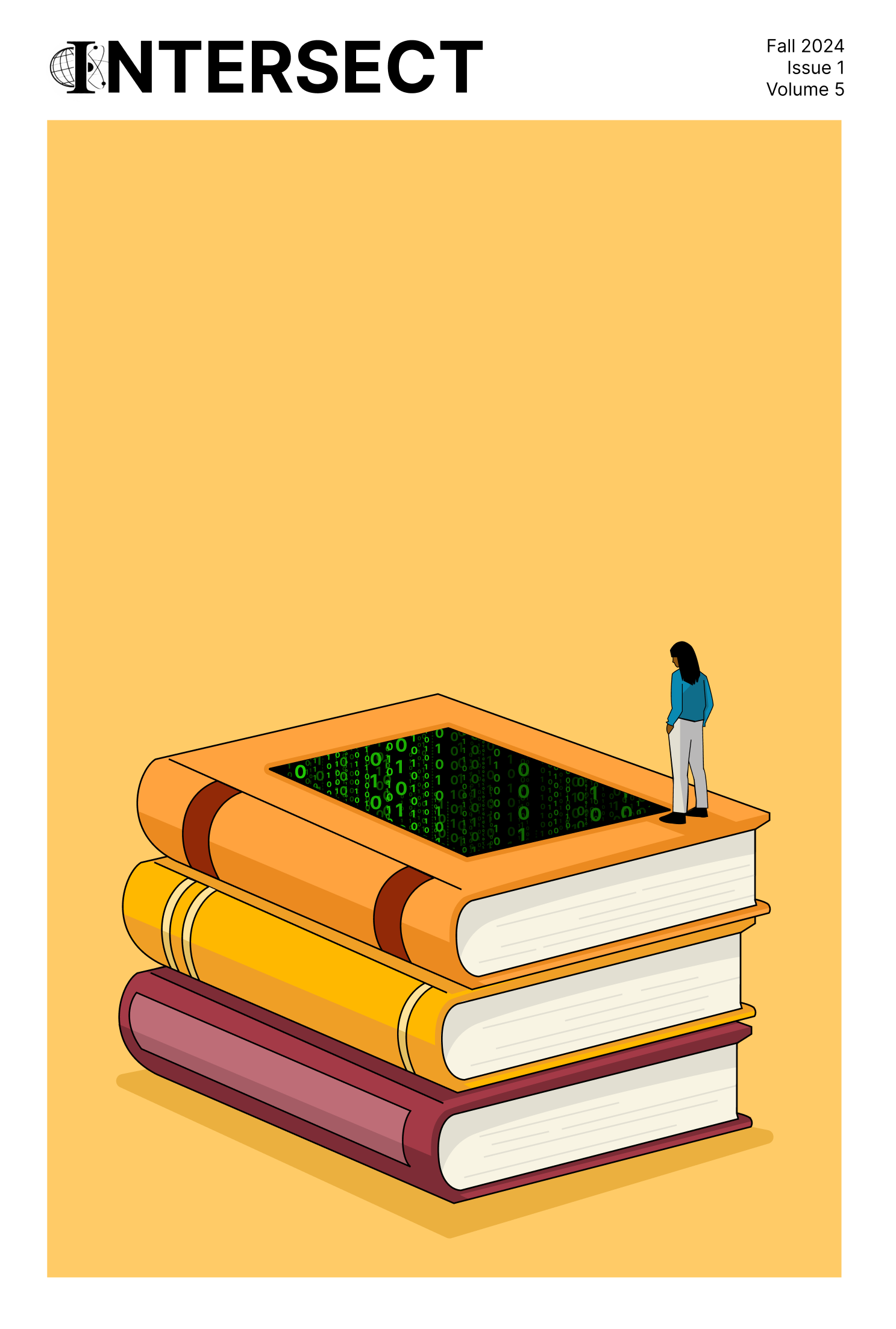Reconsidering Consent on Brain Death Examination
Abstract
By medical definition, brain death refers to ”the irreversible loss of all functions of the brain” (Goila and Pawar, 2009, 8). Although brain death has been under US legislative approval since 1981, heightened legal disputes and criticism from bioethicists have brought renewed interest in brain death examination (Starr et al., 2024). Some individuals claim that the current protocol for conducting brain death examination has been developed incautiously, driven by an exaggeration of practical benefits without sufficient consideration of ethical implications. In light of these issues, we argue that performing brain death examination without consent is unethical. To support our assertion, we investigate the faulty application of implied consent, potential medical inaccuracies of the procedure, and the need to problematize taking epistemic authority as an absolute judgment. The danger of utilitarian bias and the dead donor rule are analyzed to refute primary rationales for conducting brain death examinations without consent. As a culmination of these findings, we proactively address how consent can be ethically obtained with respect to the affected patient and family. Ultimately, we argue that establishing a policy of consent will ensure that a patient’s autonomy and well-being are protected in an era of rapidly developing medical technology and policy.
Downloads
Published
Data Availability Statement
This article is a literature review, therefore there are no details on data availability.
Issue
Section
License
Copyright (c) 2025 Intersect: The Stanford Journal of Science, Technology, and Society

This work is licensed under a Creative Commons Attribution-NonCommercial-NoDerivatives 4.0 International License.
Authors who publish with this journal agree to the following terms:- Authors retain copyright and grant the journal right of first publication with the work simultaneously licensed under a Creative Commons Attribution License that allows others to share the work with an acknowledgement of the work's authorship and initial publication in this journal.
- Authors are able to enter into separate, additional contractual arrangements for the non-exclusive distribution of the journal's published version of the work (e.g., post it to an institutional repository or publish it in a book), with an acknowledgement of its initial publication in this journal.
- Authors are permitted and encouraged to post their work online (e.g., in institutional repositories or on their website) prior to and during the submission process, as it can lead to productive exchanges, as well as earlier and greater citation of published work (See The Effect of Open Access).

